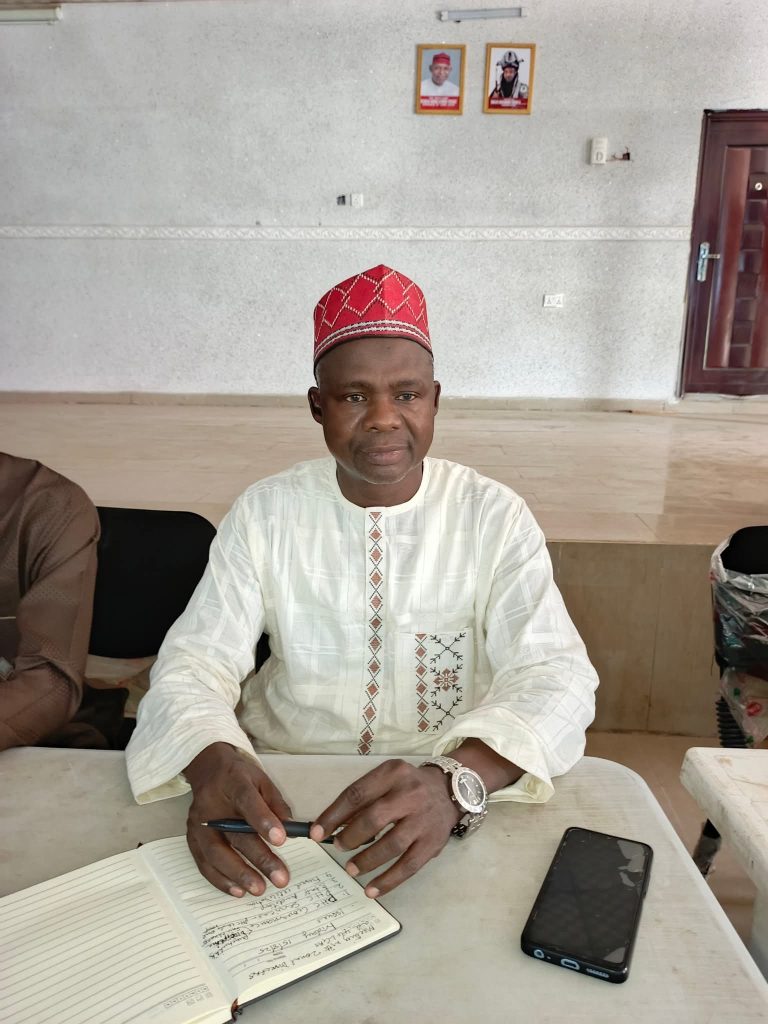The Kano State Primary Health Care Management Board SPHCMB under the leadership of its Director General, Professor Salisu Ahmad Ibrahim, held a strategic meeting with Zonal Directors and Primary Health Care (PHC) Coordinators from all 44 Local Government Areas (LGAs) of the state.
The meeting, which took place at the Board’s headquarters, served as a platform to review operational strategies, address service delivery challenges, and strengthen coordination across the state’s PHCs.
Discussions focused on key issues, including the full implementation of Primary Health Care Under One Roof (PHCUOR) to unify governance and improve service integration, assessment of staff strength to address workforce gaps, and the need for transparent and accountable utilisation of funds at the facility level.
The meeting also stressed the importance of punctuality and commitment among health workers, alongside the adoption of a bottom-to-top governance approach—a system where decision-making begins at the community and facility levels.
Under this model, feedback, challenges, and innovative ideas identified by frontline health workers and community stakeholders are passed on to LGA coordinators and zonal directors, and then to the state leadership.
This ensures that policies and plans are informed by real, on-the-ground realities rather than assumptions, fostering inclusivity, accountability, and programs that truly meet community needs.
In his address, Professor Salisu Ahmad Ibrahim reaffirmed the Board’s commitment to building a more responsive and effective primary health care system.
He urged coordinators to strengthen teamwork, engage community stakeholders actively, and ensure that PHCs deliver services that are both accessible and of high quality.
“This meeting is not just about identifying gaps; it is about building a culture of accountability, collaboration, and innovation in service delivery,” the DG stated.
The meeting also created an opportunity for coordinators to share experiences, highlight best practices, and develop joint strategies to improve health outcomes in Kano State.
The KNSPHCMB remains committed to driving reforms that align with national health policies while addressing the unique needs of Kano State’s diverse communities, ensuring equitable access to essential health services for all residents.





